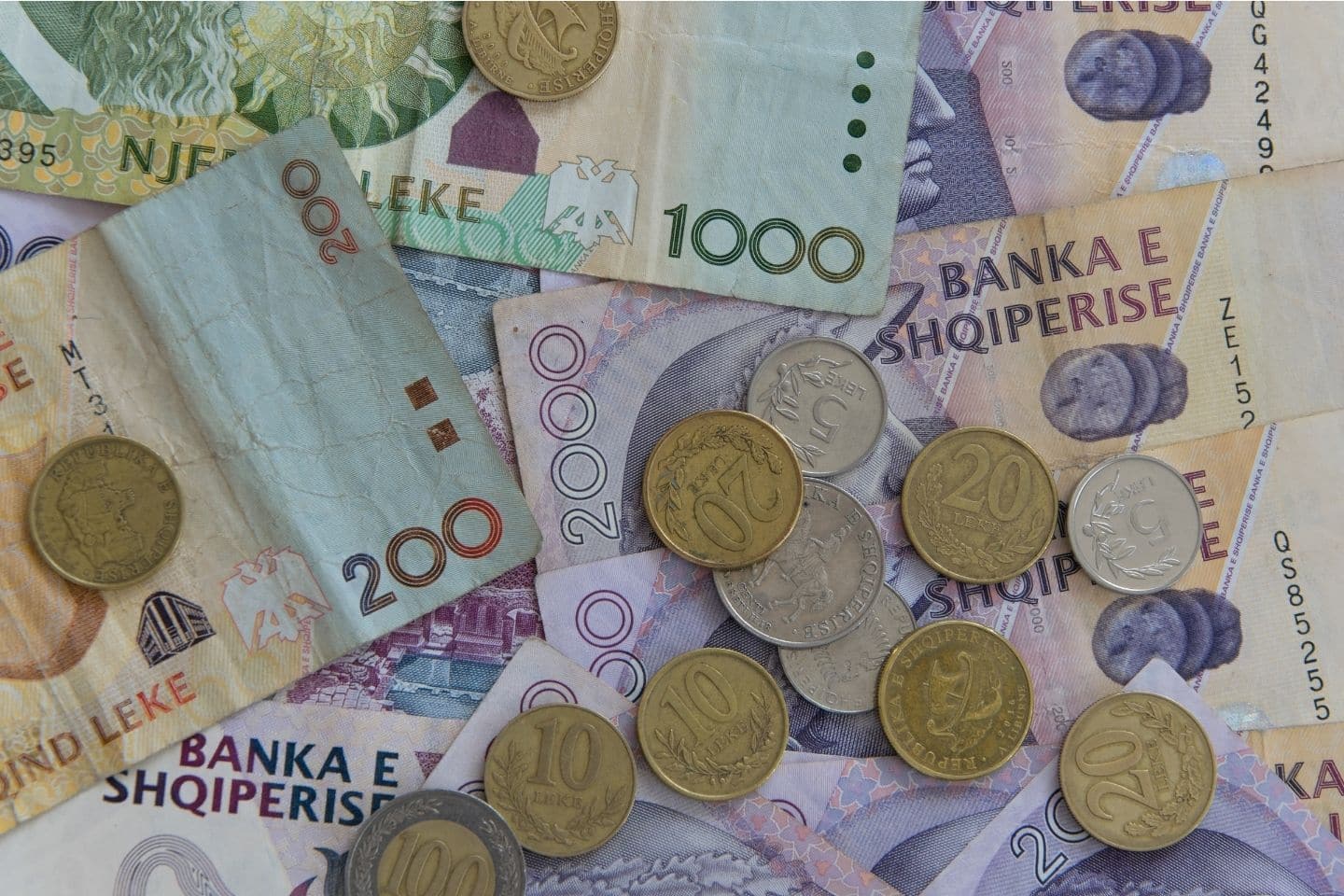The International Monetary Fund (IMF) has raised red flags over Albania’s strengthening currency and growing exposure to real estate credit, warning both could pose risks to economic stability and investor confidence.
While the appreciation of the Albanian Lek (ALL) has helped tame inflation, the IMF cautions that an overly strong currency could hurt exports, deter foreign investment, and weaken the economy’s ability to absorb global shocks. At the same time, rapid credit growth in the real estate sector is amplifying financial vulnerabilities.
What the IMF says:
In its latest review of Albania’s economy, the IMF recommends more flexibility in the exchange rate and a greater reliance on interest rate tools to maintain price stability.
“The exchange rate should act as a shock absorber for inflation,” the IMF noted.
“Authorities should allow more flexibility and use interest rate policy as the primary instrument to maintain stability.”
It also advised a gradual approach, warning that sudden currency fluctuations could themselves fuel further inflation.
Currency context:
The Albanian Lek has strengthened significantly in recent years, driven by high levels of remittances, robust tourism income, and foreign direct investment. However, exporters and investors warn that a persistently strong lek is eroding competitiveness and margins.
Real estate warning:
The IMF also sounded the alarm on real estate lending, which now accounts for a large share of Albania’s financial risk.
“Non-performing loans dropped from 50% in 2014 to 25% in 2024,” the IMF said.
“But credit risk remains significant — especially in real estate, which makes up two-thirds of bad loans.”
The Fund urged local authorities to consider tightening new lending in the sector to avoid overheating.
Banking sector outlook:
On a more positive note, the IMF acknowledged Albania’s progress in reforming its financial system over the past decade, noting increased resilience and macroeconomic stability in the banking sector.
The report serves as a strategic signal to the Bank of Albania and financial regulators as they prepare for potential monetary tightening, credit oversight measures, and a delicate balancing act between growth and stability.















Recent Comments